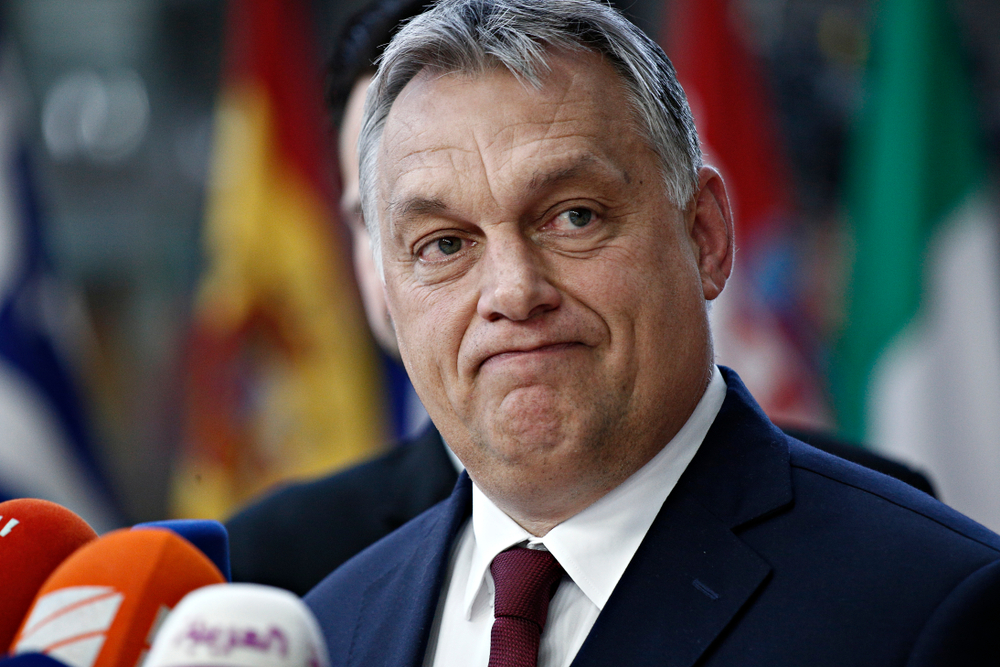The European Union’s Foreign Affairs ministers are planning to boycott Hungary’s upcoming Foreign Affairs summit
Others are reading now
In a dramatic move, the European Union’s Foreign Affairs ministers are planning to boycott Hungary’s upcoming Foreign Affairs summit in August.
A Clear Rebuke
According to Digi24 this unprecedented step comes in response to Hungarian Prime Minister Viktor Orbán’s recent meetings with Russian President Vladimir Putin and Chinese President Xi Jinping, which were conducted without prior coordination with other EU leaders.
The Hungarian presidency of the Council of the EU had scheduled the summit for August 28-29 in Budapest, intending to use the event to influence the bloc’s foreign policy agenda and put Hungarian Foreign Minister Péter Szijjártó in the spotlight. However, many EU ministers view the summit as a potential propaganda platform for Orbán, who has been accused of obstructing EU aid to Ukraine and acting unilaterally in foreign diplomacy.
In a clear rebuke, the EU’s High Representative for Foreign Affairs, Josep Borrell, plans to convene a formal Foreign Affairs Council meeting at the same time as Orbán’s summit. According to sources within the EU, this strategy aims to signal that Hungary’s foreign policy actions do not represent the EU’s collective stance. “By organizing an official council in parallel, ministers won’t attend Budapest’s summit,” one diplomat noted, adding that this sends a “clear signal that Hungary does not speak for the EU.”
Also read
Backsliding on Democratic Norms
This boycott is the latest in a series of tensions between Hungary and other EU member states. Under Orbán’s leadership, Hungary has been criticized for backsliding on democratic norms and the rule of law, and for using its position to block EU decisions and funding to gain leverage on unrelated issues.
At a recent industrial policy meeting in Budapest, only seven ministers from other countries attended, and no EU commissioners were present. The planned boycott of the Foreign Affairs summit represents an even greater snub, undermining Hungary’s efforts to showcase its leadership on the international stage.
Diplomatic insiders suggest that discussions about the boycott have already taken place informally with key EU nations, including France and Germany. Borrell’s team is expected to present the plan to all 27 EU permanent representatives shortly.








